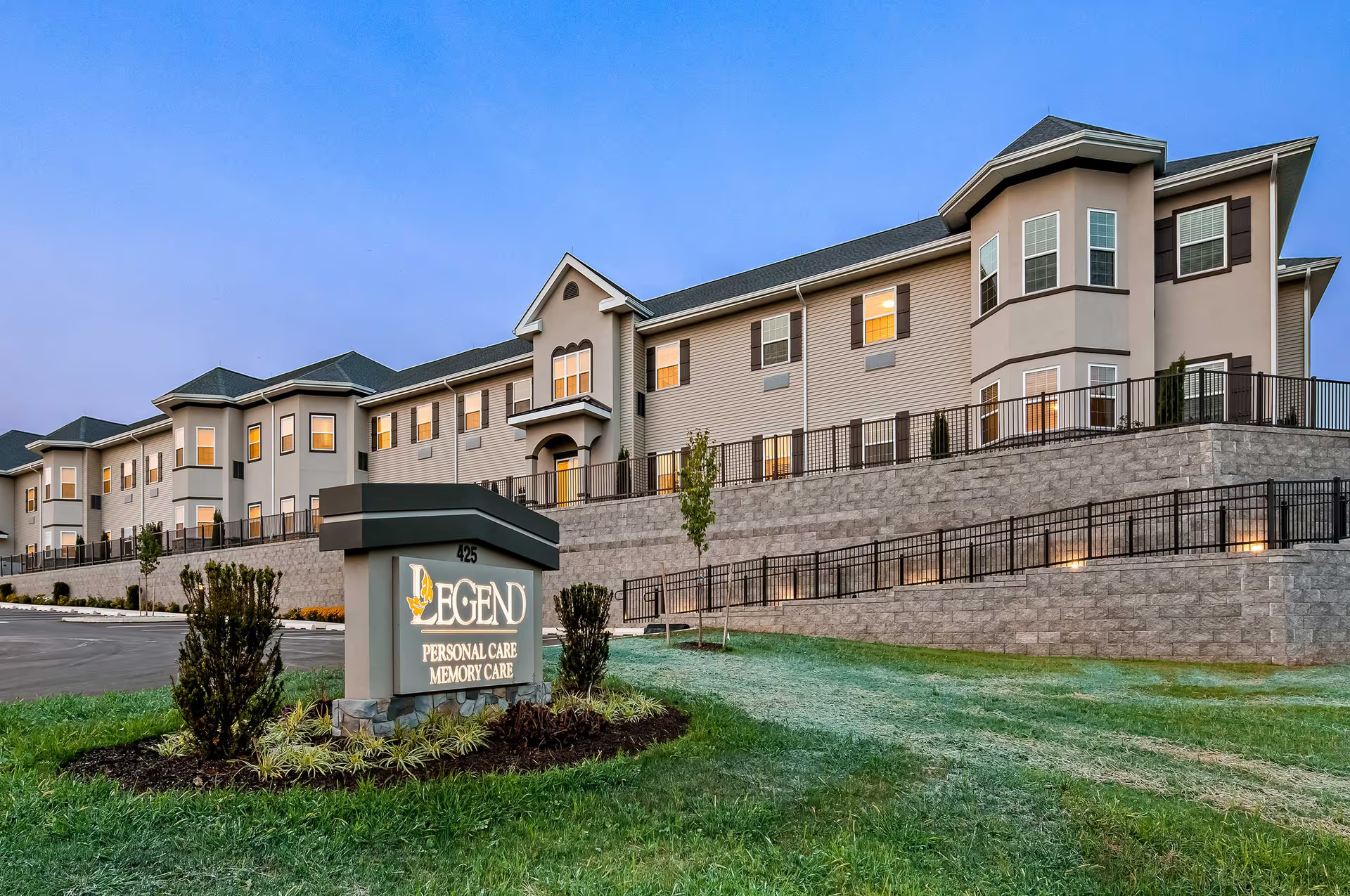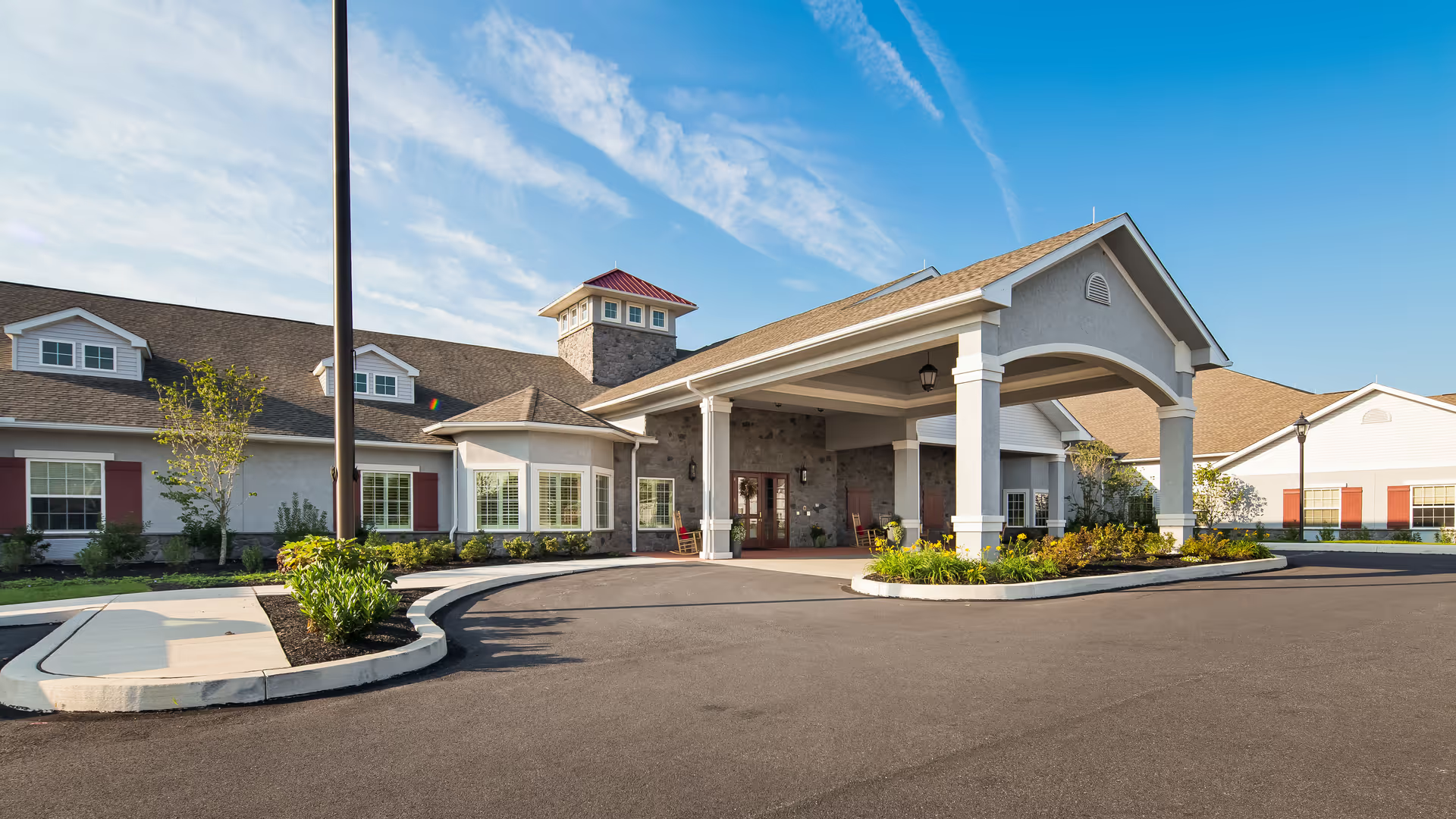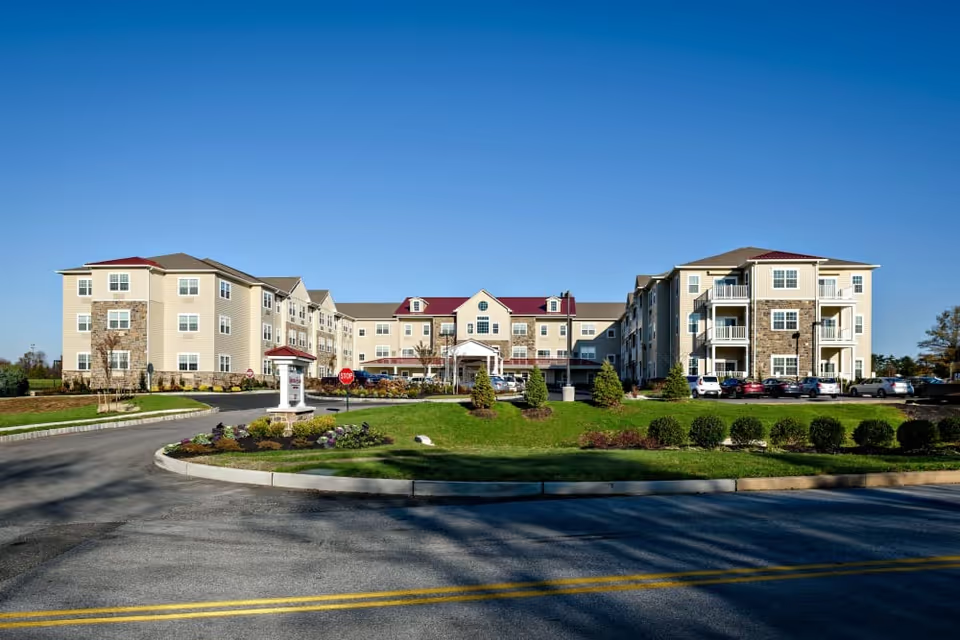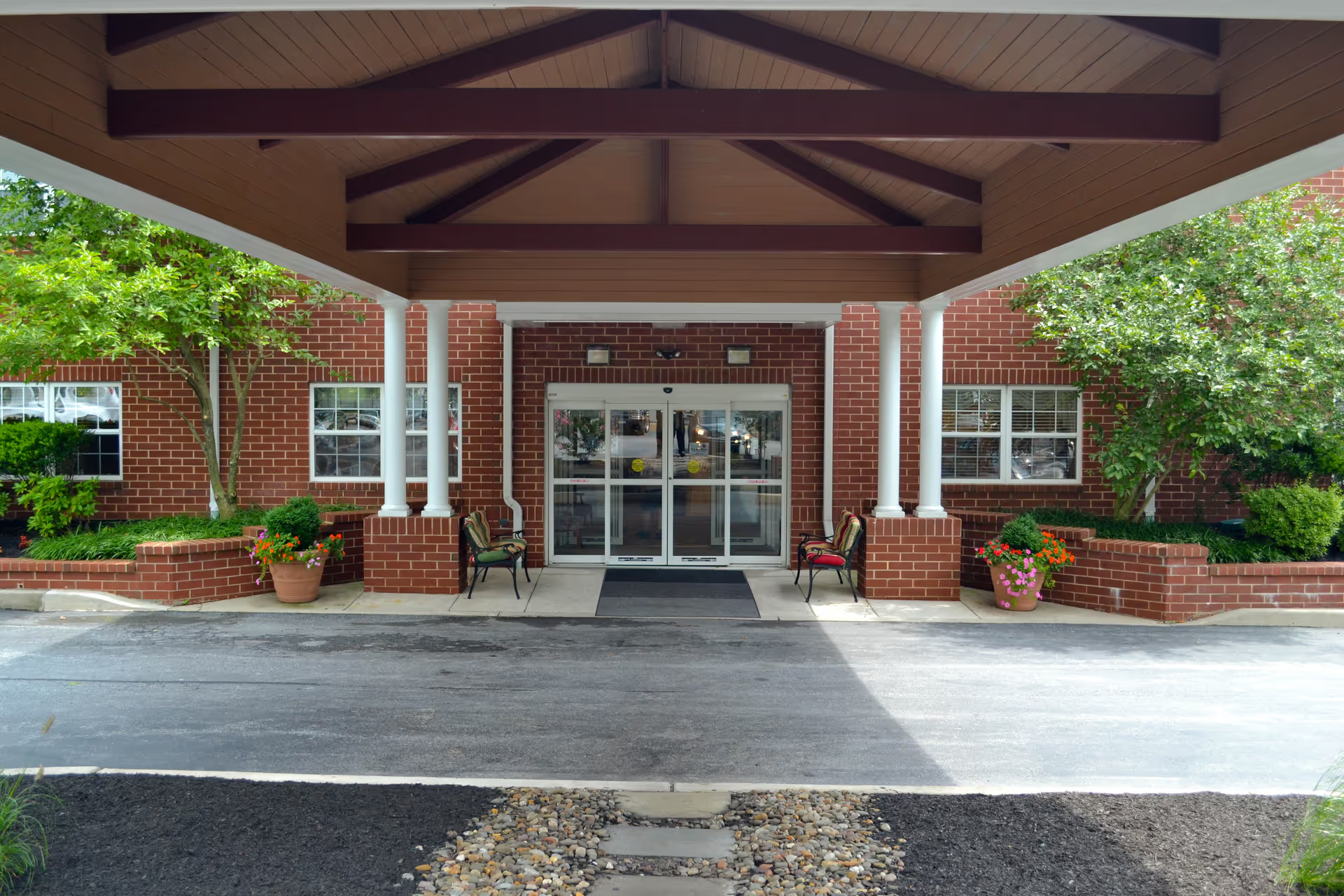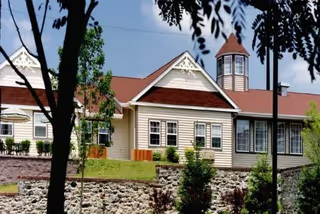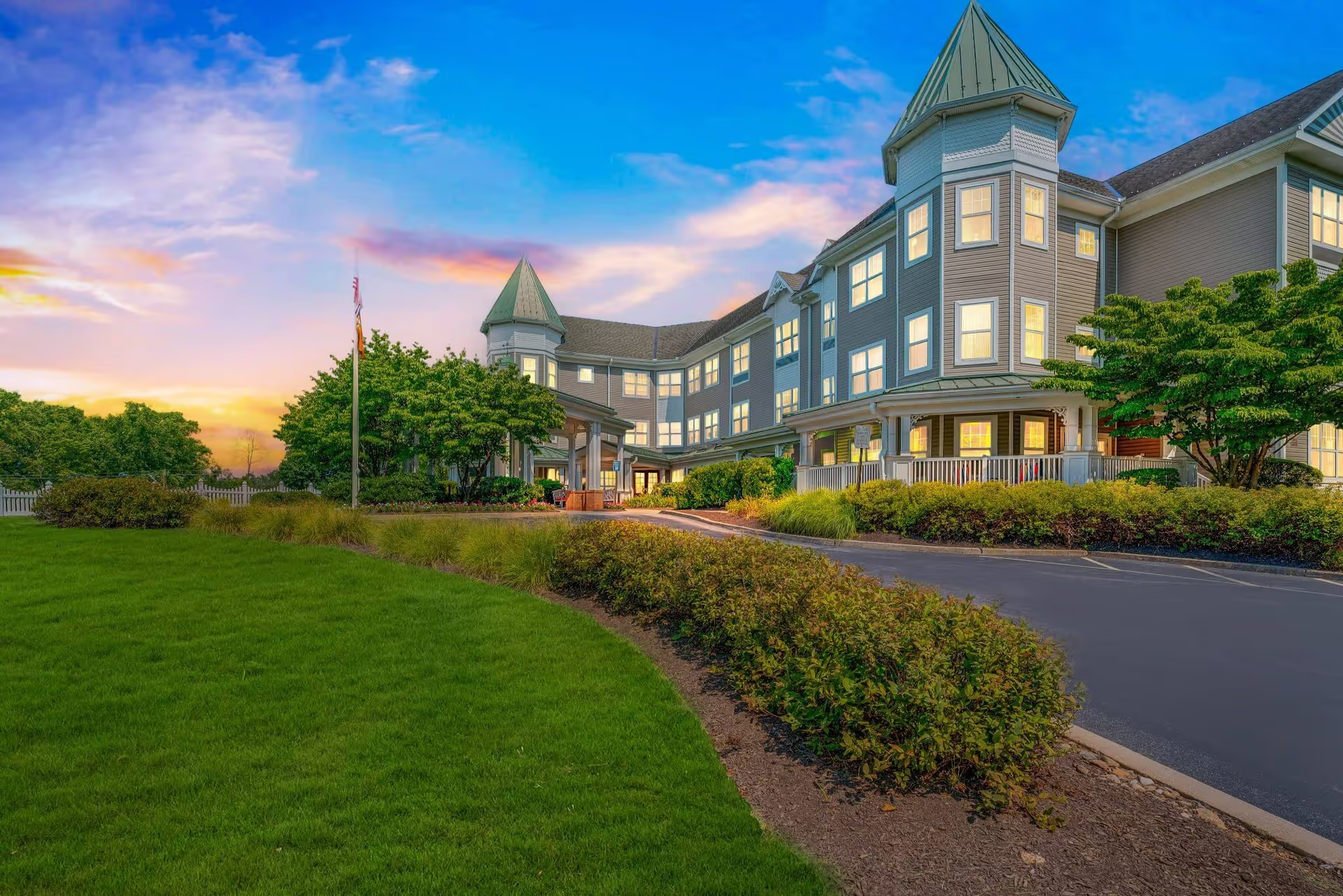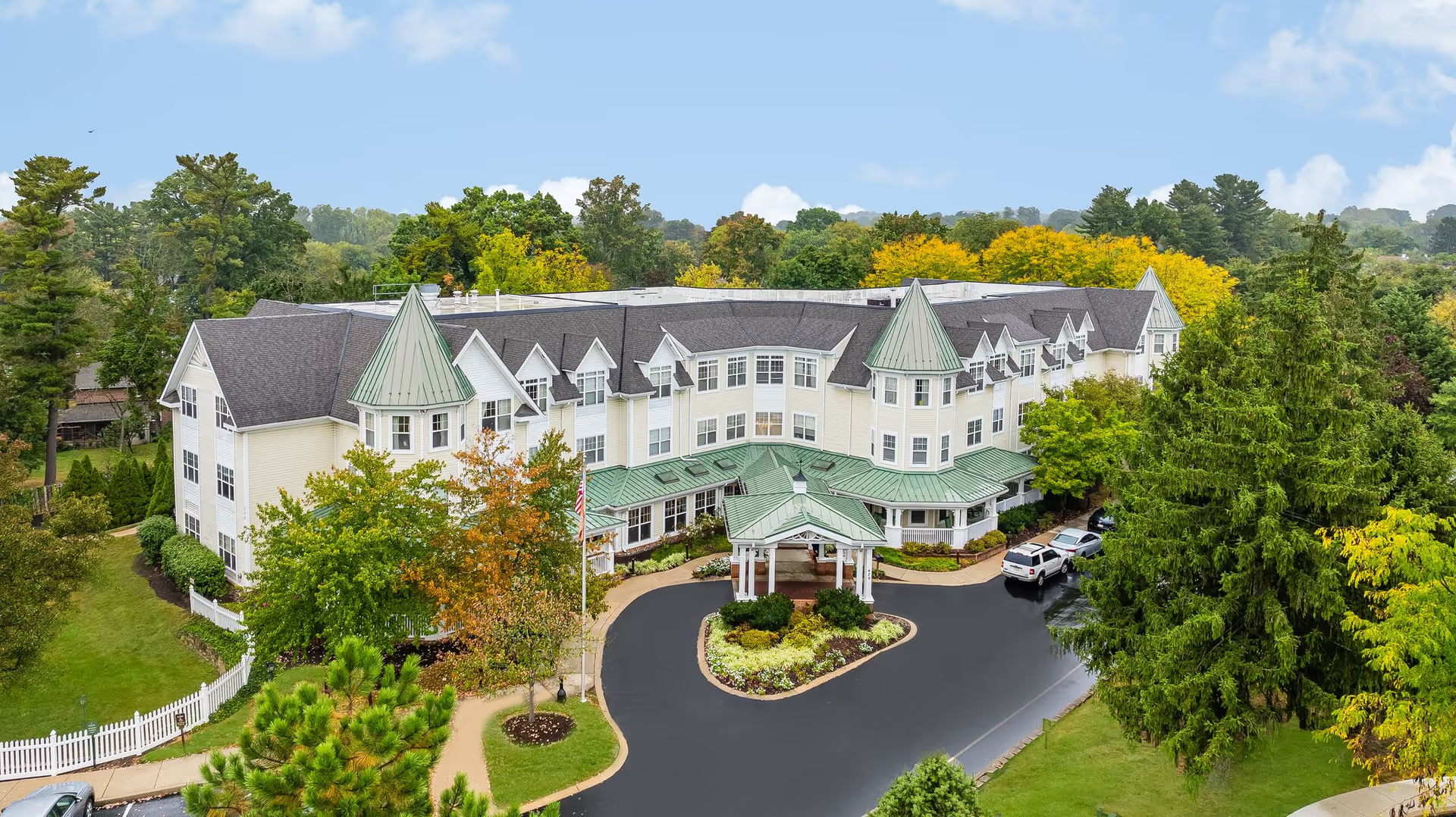Overall sentiment across reviews for Spring Hills Mount Vernon is mixed but leans toward positive for aspects related to social engagement, facilities, and many individual staff members, while showing consistent concerns about staffing, communication, and safety/quality control in clinical areas.
Care quality: Reviews vary widely on direct care. Many families praise nursing leadership, individual nurses, and aides who are compassionate and attentive; others recount inconsistent caregiving, delayed care rounds (sometimes by hours), medication errors, unattended falls, and calls for better dementia training. Several reviewers documented serious safety incidents (ambulance/ED visits, fractures) and referenced Virginia DSS investigations. Memory care receives both praise (small unit, personalized approaches, staff who meet residents 'where they are') and criticism (aide-to-resident ratio concerns, wandering, unreliable emergency/bedside call systems, and inadequate training for complex dementia behaviors). The pattern is one of pockets of excellent, individualized care interspersed with concerning lapses, particularly when staffing is thin or turnover is high.
Staff and management: A major theme is the duality of staff reputation. Many reviews highlight kind, compassionate, and proactive staff — activities directors, concierges, nurses, and some administrators earned repeated praise and are credited with creating a warm, family-like atmosphere. Specific staff and leaders were noted for responsiveness and transparency, and several reviewers reported positive improvements under a new executive director and head of nursing. Conversely, chronic understaffing, high turnover, inconsistent shift coverage, late arrivals, and occasional reports of lazy or disorganized staff also appear frequently. Communication shortcomings are prominent: voicemail systems full or down, delayed family notifications, lack of introductory family-staff meetings, and poor transparency around incidents were cited. Several reviewers recommended that families must advocate strongly to secure proper care and communication.
Facilities and maintenance: Physical plant and apartments receive mostly positive comments — clean, bright, well-decorated common areas; roomy studio and one-bedroom layouts; accessible dining rooms; and attractive outdoor gardens/patios. The wellness center and on-site therapy services were valued. However, some reviewers reported dated elements (e.g., elevator needing updates), occasional foul odors, overlooked housekeeping issues, slow maintenance responses, and loss/mishandling of personal items. There were reports of theft or belongings being misplaced and inadequate follow-up; such incidents contributed to distrust for some families.
Activities and dining: The activities program is a consistent bright spot in reviews. Many describe highly energetic, creative, and individualized programming — gardening, music, crafts, games, specialized activities for memory care, social events, and outings. Reviewers credited the activities team with drawing residents out of isolation and improving quality of life. Dining is generally praised for variety, restaurant-style service, and chef engagement, with flexible dining hours and accommodation of preferences. That said, there are occasional complaints about cold or bland meals and food delivery fees. Budget-driven cuts to outings and activity frequency were reported by some, especially during periods of staffing shortage or COVID restrictions.
Safety, clinical systems, and policies: Multiple reviews raise concerns about safety systems: unreliable call bells/cords for memory-impaired residents, wandering incidents, medication errors, and unattended falls with delayed response. COVID-era visitation limitations and time-limited window/patio visits hurt some families' ability to stay connected; reviewers also cited phone system outages. There are a number of reports alleging poor intake processes or predatory sales tactics, nontransparent pricing, room-reserve bait-and-switch moves, and unexpected co-pays or fees. These operational and safety complaints are serious and were reportedly escalated by several families, with varying outcomes.
Value, suitability and recommendations: Many families feel that Spring Hills Mount Vernon provides good value, especially for residents who are socially engaged and somewhat independent — the combination of activities, dining, and a welcoming environment is often cited as making life better than prior facilities. For families seeking memory care or high-acuity nursing, reviews are more mixed: the small memory-care unit and dedicated staff worked well for many residents, but other reviewers cautioned that the community can struggle with late-stage dementia and highly dependent residents due to staffing and training limitations. Pricing concerns (higher cost for larger rooms, extra fees) and variable management of billing were noted. Location and travel distance were minor but recurring concerns for some families.
Patterns and notable positives/negatives: Repeated positive patterns include a strong activities department, frequent praise for particular staff members who create a family atmosphere, generally clean and attractive common areas, and flexibility in dining. Repeated negative patterns are understaffing and turnover, inconsistent clinical care and communication, safety incidents (including medication errors and falls), lost belongings, and periodic maintenance/operations failures (phone systems, elevators, cold meals). Several reviewers reported positive changes after leadership turnover, suggesting that management attention can improve problems, but others said problems recurred.
Bottom line: Spring Hills Mount Vernon offers a warm, activity-rich community with appealing living spaces and many caring staff members; it can be an excellent fit for socially-engaged residents who need assistance with daily living but are not at the highest levels of medical dependency. Prospective residents and families should carefully evaluate current staffing levels, recent inspection history, incident reporting transparency, dementia-care staffing ratios, and communication practices. When possible, ask for recent care-plan examples, staffing schedules for memory care, VDSS inspection records, and written policies on medication administration, incident notification, and lost-property handling before deciding. Families who prioritize vibrant activities, personable staff, and comfortable apartments may be very satisfied, while those needing consistently high clinical oversight should confirm the facility’s current capacity to meet those needs.

